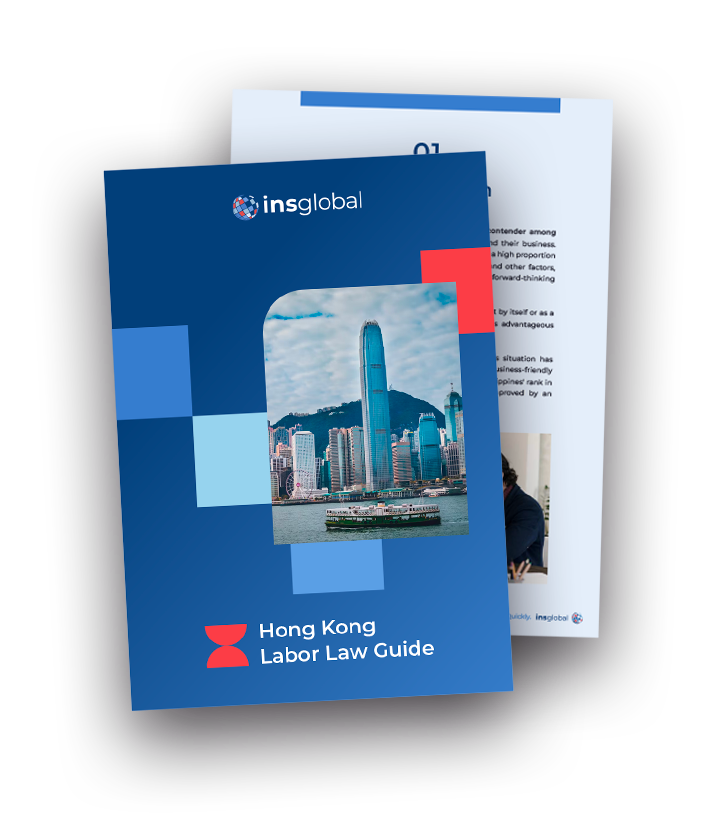

Non-Competition clauses, or restrictive covenants, in employment contracts prevent an employee from working in direct competition against that company after the employment contract has ended. Such agreements are very common for senior positions, upper-management roles, and other positions with access to valuable proprietary knowledge and relationships.
Post-termination restrictive covenants are a common practice in Hong Kong. However, Hong Kong courts often rule non-competition clauses as unenforceable on the grounds that they restrict trade and commerce.
In a hurry? Save this article as a PDFTired of scrolling? Download a PDF version for easier offline reading and sharing with coworkers
In a hurry? Save this article as a PDF
Tired of scrolling? Download a PDF version for easier offline reading and sharing with coworkers.
Fill up the form below 👇🏼
It is important to understand that courts are inclined to rule against the enforceability of a non-competition clause in an employment contract because it may restrict an individual’s freedom of choice of work, which is protected in Hong Kong’s Basic Law (its constitution). Hong Kong courts are most likely to uphold a non-competition clause if the clause is deemed reasonable and is explicit. English Common Law, upon which Hong Kong law is partially based, originally holds all non-competitive clauses unenforceable as against the interest of public policy.
If the non-competition clause exists to protect the company’s business interests from significant harm, a court is more likely to uphold it, assuming that the company can concretely demonstrate the existence of such risks. A court would deem a reasonable agreement one that would exist to prevent the sharing of trade secrets, proprietary technology and valuable relationships, in the event the information is shared, it would cause irreparable material damage to the company. A court will also consider if the company has goodwill in need of protection.
If the employee is especially senior and plays a central role within the company, a non-competitive agreement may be more enforceable. Nonetheless, an employee’s seniority, by itself, is unlikely to be sufficient justification for non-compete clause. A company presents this in combination with a demonstration of the risks to the company’s business interests, in the event that the senior employee worked for a direct competitor (or worked for himself, in direct competition with the employer).
Check Our Hong Kong Labor Law Guide
Learn how the Hong Kong law is applied in all aspects and situations, from an employer and employee perspective

A court will look at the duration of the restraint period written into the covenant when determining its reasonability. A restraint period that is excessive, given close examination of the circumstances, is less likely to be ruled enforceable. A company should be prepared to justify and demonstrate with concrete evidence that the length of the restraint period written into the clause is no longer than necessary. For example, a company may reasonably claim that a relatively long restraint period is justified by the fact that the employee spent considerable time working with the company’s most valuable technological assets and that, the loss of such assets, could be very harmful to the company.
Non-competitive agreements that cover the entire world are usually deemed too wide. If a company is able to demonstrate how the global nature of the company’s business space necessitates such a provision, a court may be inclined to rule in favor of its enforceability. Hong Kong courts are more willing to rule in favor of non-competitive agreements with limited geographical constraints, as this often increases the ability of the employee finding work elsewhere.
The justification for the clause and all details of it should be explicit and unambiguous. If it appears that the non-competition clause was tossed into the contract without being completely thought through, the court is unlikely to uphold it.
Naturally, a company should aim to write the restrictive covenant in such a way as to maximize the chances of enforceability and mitigate risks to the material interests of the company.